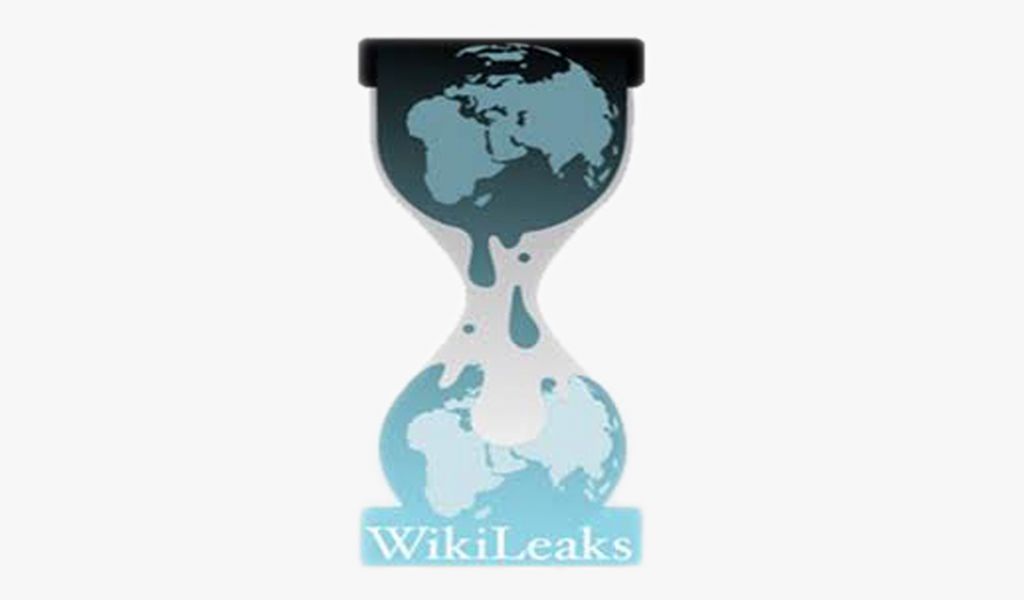When the perfect is the enemy of the good

The United Nations has been in existence for 65 years, but based on the results so far at COP16, we are no further ahead in the art of diplomacy. A number of countries have dug their heels into positions that leave themselves (and the global community) little space to maneuver.
The United States will sign onto nothing less than a complete post-Kyoto agreement package. Given the ‘sticky’ issues of financing, MRV and adaptation that have virtually no chance of being resolved during Cancun, the US position effectively condemns the process. Developing countries are, in my opinion, rightly demanding developed country commitments to emission reduction targets. The twain appear to have little chance of meeting.
How should such ambitious and contentious negotiations be pursued? Tony La Vina, REDD+ facilitator during Copenhagen's COP15, originally argued that there was no substitute for the drawn-out, messy processes of full public participation. This failed to take place in Copenhagen with the resulting accord falling short in the credibility department. Another more sensational advocate of full transparency is Julian Assange, the now-famous figure behind the WikiLeaks. The communiqués he has exposed extend to Cancun and the cynicism of various leaders on the potential of a climate change agreement. One has to wonder whether Julian believes that exposing these sentiments has brought the governments of the world any closer to closing a deal.
The other strategy being advocated by commentators such as Michael Levi of the Council on Foreign Relations is using discrete, if not down-right secretive, backroom negotiations. While rumors are flying of a ‘Mexican text’ that is being surreptitiously constructed, far from being sinister, Levi sees it as key to any genuine progress.
"Negotiated deals don’t result from public tweaking of complex documents... Do climate activists and diplomats want to create a new model of maximally inclusive and open diplomacy? Then they’re going to have to give up on doing much about climate change."
He may not be the only one. Even pragmatist Tony La Vina seems to have lowered his ideals from a fully inclusive and transparent process. He concedes, “the only thing that will work now is a phone call from the Mexican president to some key heads of state.”

